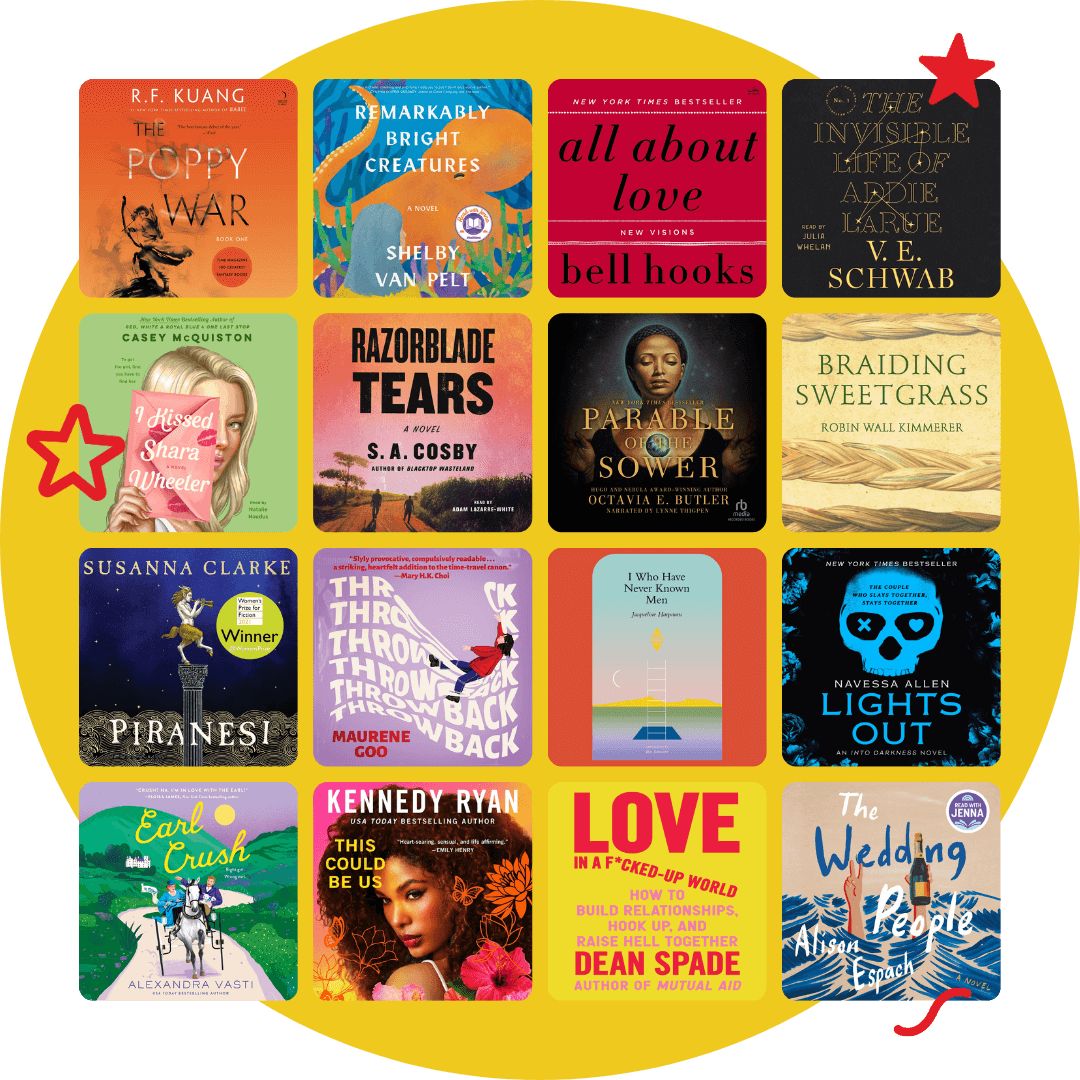Author:
Sarah Marie Wiebe

Almost ready!
In order to save audiobooks to your Wish List you must be signed in to your account.
Log in Create account
Indie Bookshop Appreciation Sale
In celebration of indies everywhere, shop our limited-time sale on bestselling audiobooks. Don’t miss out—purchases support local bookstores!
Shop the saleHot Mess
This audiobook uses AI narration.
We’re taking steps to make sure AI narration is transparent.
Learn moreSummary
No longer is the climate emergency purely an external threat to our wellbeing: this profoundly political circumstance is deeply personal. The summer after giving birth, Sarah Marie Wiebe and her baby endured the 2021 heat dome in British Columbia, with temperatures over 20 degrees above normal, creating all-time heat records across the province. It was the deadliest weather event in Canadian history. The extreme heat landed Wiebe in the hospital, dehydrated and separated from her nursing baby from dawn until dusk. So began a year of mothering through heat, fires and floods. The climate emergency’s many incarnations shaped Wiebe’s politics of parenting and revealed the layers, textures and nuances of the disastrous emergencies we encounter in a world dominated by extractive capitalism.
Drawing on hospital codes to explore the connections, Wiebe opens up tender conversations about intimate matters of how our bodies respond to emergency interventions: informed consent, emergency C-sections, reproductive mental health, and anti-colonial and anti-racist resistance. A critical ecofeminist scholar, Wiebe invites collective envisioning and enacting of caring, ethical relations between humans and the planet, including our atmospheres, lands, waters, animals, plants and each other.
Audiobook details
Narrator:
Brianne Tucker
ISBN:
9781773637754
Length:
7 hours 11 minutes
Language:
English
Publisher:
Fernwood Publishing
Publication date:
March 4, 2025
Edition:
Unabridged
Reviews
“Rooted in her own experience of the climate crisis as a new mother, Sarah Marie Wiebe takes us through the deep and necessary work of care in times of overlapping crises. Combining incisive analysis with lyrical narrative, Wiebe bravely guides her reader through the mess of our times; this mess is sometimes joyful, sometimes painful, and always hot. Timely and gripping, this book is a powerful rallying cry for radical care.” — Rebecca Hall, author of Refracted Economies: Diamond Mining and Social Reproduction in the North.
“Wiebe’s critical ecofeminist and maternal analysis delves into the slow sensory politics of crisis. She demonstrates how the messiness of our scaling grief — both personal and collective, ecological and otherwise — is intimately tied to structures of neoliberalism, settler colonialism, patriarchy, racism, capitalism, and global extractivism.” — Jeffrey Ansloos, associate professor, Indigenous health and social policy, University of Toronto.
“Hot Mess makes you deeply aware of how fires, smoke, drought, pollution, and climate emergencies are embodied experiences. Wiebe makes a compelling argument for how the world we live in requires a prismatic thinking that considers how these embodied experiences become entangled with structural inequalities, historical systematic exclusions, and relations of domination with the non-human world. However, instead of being flooded with anxiety and powerlessness, the author calls upon all of us to make friends with our bodies, the bodies of others and those of the non-human world. Centering a mother-child relationship, Wiebe asks what our environmental future may look like if we enacted relationships of care, respect and reciprocity with the non-human world and Indigenous communities. This is a text that we all should read.” — Isabel Altamirano Jiménez, Canada Research Chair in Comparative Indigenous Feminist Studies.
“A testament to the power of maternal activism in the face of environmental collapse, this book offers essential insights for integrating climate resilience into our lives and scholarship. The book’s acknowledgment of Indigenous practices and experiences with feminist perspectives on care and community are not just compelling, but imperative for our times. Hot Mess is a call to action for parents and policymakers alike to prioritize care and community for the inseparable health of our planet and our children.” — Renée Monchalin, University of Victoria, Public Health and Social Policy.
“In Hot Mess, Sarah Marie Wiebe dances between theory, story, data, and experience to focus our attention on the complex, messy, interconnected, embodied global challenge of climate change. Drawing on critical ecofeminism, a range of Indigenous knowledges, and her own research and experiences of pregnancy, birth and mothering, Wiebe calls on us to challenge extractivism and cultivate relationships of care for the sake of our collective ability to live well into the future.” — Leah Levac, associate professor and Canada Research Chair (Tier 2) in Critical Community Engagement and Public Policy, Department of Political Science, University of Guelph.
Expand reviews Start gifting
Start gifting
 Libro.fm for Business
Libro.fm for Business
 Start a membership, get two free audiobooks
Start a membership, get two free audiobooks